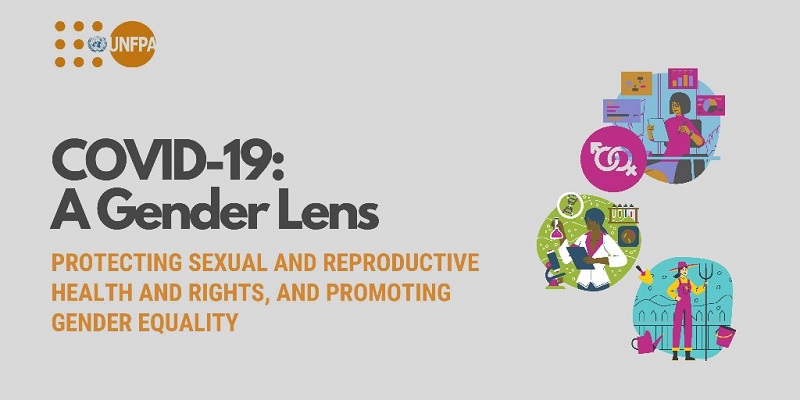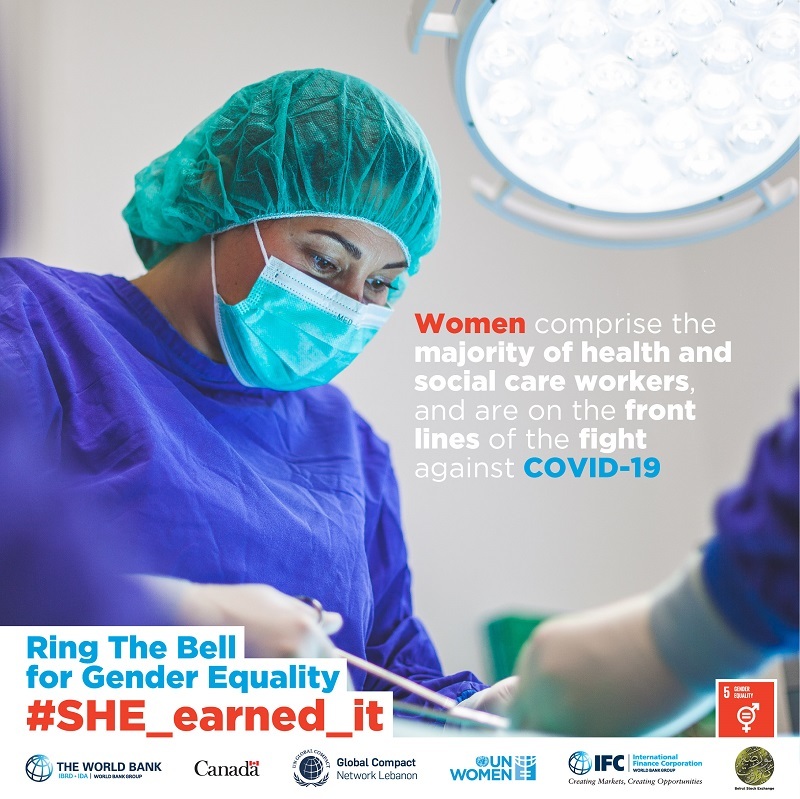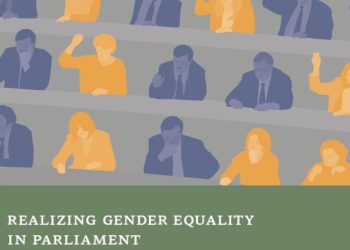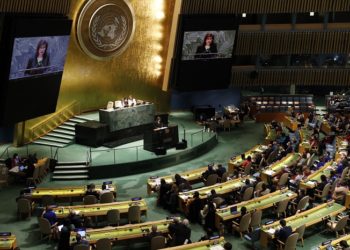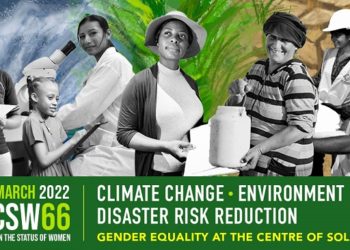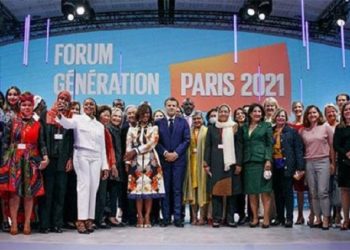“Governments are taking unprecedented measures to limit the spread of the virus, ramping up health systems and restricting the movement of people. However, in addition to these efforts, politicians must not overlook the vulnerability of women and girls which has become worse in this time of crisis,” a UNFPA report on Protecting sexual and reproductive health and rights, and promoting gender equality states.
The COVID-19 coronavirus infection that has rapidly gripped the world since it came about late last year is far more deadly for the elderly and people with pre-existing medical conditions. Accurate and complete age and sex-disaggregated data is needed to understand how the infection impacts women and men differently in terms of complexities and the fatality risk. However, it is clear even now that women and girls face a number of risk factors that require urgent solutions.
“Disease outbreaks affect women and men differently,” notes the UNFPA report pointing out what role gender plays during an epidemic. “Pandemics make existing gender inequalities for women and girls worse, and can impact how they receive treatment and care.”
Women on the frontline
Women can be subject to a bigger risk of contracting COVID-19 due to their disproportionate representation among health and social workers. Women represent 70 percent of the health and social sector workforce globally. Many of them are midwives, nurses and community health workers, which means that they have roles that puts them on the front lines of outbreaks. Risks for women and girls also increase when health systems divert resources from sexual and reproductive healthcare in order to address the pandemic and healthcare services start getting overwhelmed under the pressure of the crisis.
Provision of sexual and reproductive health services and commodities are often ignored during crises; however, women continue to be in need of family planning, menstrual health items and mothers’ healthcare. In some countries it has already been reported that healthcare systems are neglecting these areas of care due to been forced to direct staff and resources to the provision of critical care services.
It is a particularly concerning period for women who are pregnant and in need of daily healthcare services. Anti-diagnostic measures should be taken to protect women in prenatal, neonatal and maternal health departments, the guideline states.
Pregnant women too should get reliable information and quality care. “To date, there is no scientific evidence about the increased susceptibility of pregnant women to COVID-19,” said Dr Natalia Kanem, Executive Driector of UNFPA. It is important to ensure that all pregnant women with suspected, potential or confirmed cases of COVID-19 continue to receive quality health care. Pregnant women with respiratory illnesses must be treated with the utmost priority due to increased risk of adverse outcomes.
Risk of violence, threatened wellbeing
The pandemic also gives rise to threats that are outside the infection risks. The previous outbreaks of diseases show that women and girls become especially vulnerable in such situations.
Drawing lessons from the Zika virus outbreak in 2015-6, women faced significant healthcare obstacles in terms of having autonomy over their sexual and reproductive decisions, compounded by their inadequate access to health care and insufficient financial resources. During the 2014–16 West African outbreak of Ebola, women were more likely to be infected by the virus, given their predominant roles as health-care workers.
Today the Coronavirus pandemic can cause significant harm to the wellbeing of women since the closure of school increases the burden of care at home which usually falls on women and also because movement restrictions impact service sectors and non-formal work where the number of female employees is usually dominant.
Pandemics and the stress that comes with it may increase the risk of domestic and other forms of gender-based violence. For example, the economic impacts of the 2013-2016 Ebola outbreak in West Africa, placed women and children at greater risk of exploitation and sexual violence. Even today, as families face rising tensions, financial uncertainties and other pressures, the vulnerability of women and girls increases. The UNFPA has urged politicians to consider women’s issues in their planning and decision-making to counter the pandemic. Health systems are recommended to be ready to provide essential support to survivors of gender-based violence.
All these survivors need to access protection and health services even in the midst of community quarantines,” said Aimee Santos, a UNFPA gender expert working in the Philippines, where the organization is working with Government health services on the pandemic response.
United, we will win …
Women’s vulnerability is exacerbated in humanitarian settings. The UNFPA has urged to take gender-sensitive factors into account in humanitarian efforts battling the pandemic. In addition to advocating for gender-sensitive responses, UNFPA has been providing material support to affected health systems.
In China, UNFPA has distributed sanitary napkins and adult diapers for vulnerable populations, including at-risk elderly persons, as well as personal protective equipment for health workers. In Iran, UNFPA has acquired supplies such as masks, disinfectants and gloves for healthcare workers.
In the Philippines, UNFPA recently provided personal protective equipment – including coveralls, long-sleeve gowns, face shields, eye goggles, aprons, head covers, and shoe covers – to frontline health workers. These supplies supplement an earlier distribution of hand-held thermometers and surgical masks. “It is imperative that we support [the Department of Health] and all the heroes of this country today – all the people working in the health sector, especially the front-liners risking their health and safety to respond to this emergency. They need to be protected from infection,” said Dr. Joseph Michael Singh, a UNFPA health expert in the Philippines.
UNFPA Armenia has also provided support to the government and people of Armenia in the fight against COVID-19. Protective equipment and supplies have been acquired for healthcare workers, including medical staff of maternity hospitals as well as social workers handling care of vulnerable elderly groups. As of now, more than 150,000 gloves, 53,000 medical masks, 150,000 shoe covers, around 700 protective uniforms, 550 bottles of alcogel, 100 protective glasses, as well as other important medical items have been provided. “The work continues. United, we will win,” the UNFPA Armenia statement read.




